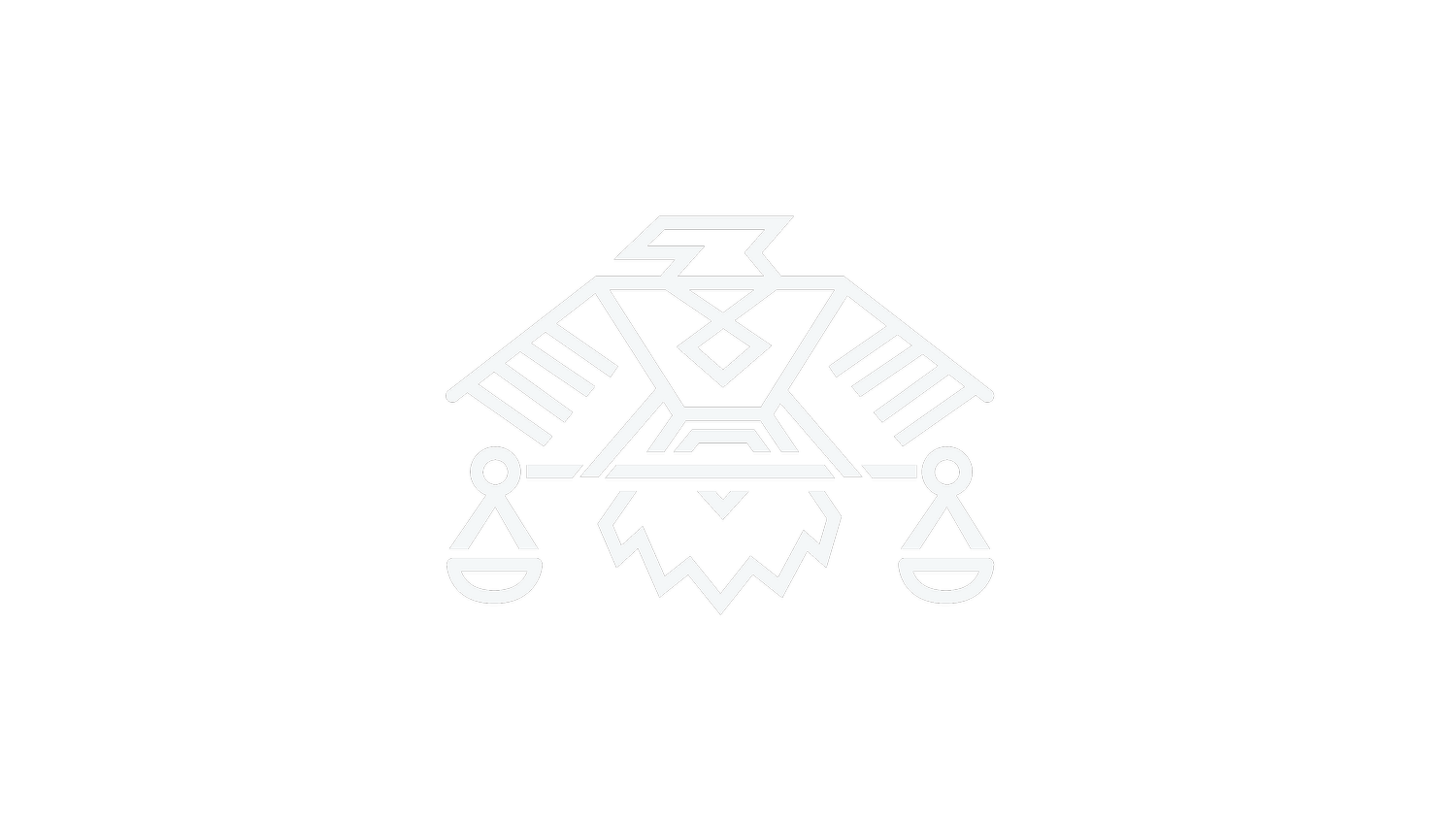Nunavut Court of Appeal for Recognizing the Serious Constitutional Issues Raised by Mandatory Driving Prohibitions for Inuit Hunters
The Indigenous Bar Association in Canada (“IBA”) acknowledges the Nunavut Court of Appeal’s recent decision in R v Qiyuk, 2025 NUCA 11, which grants leave to appeal and stays the mandatory one-year driving prohibitions imposed on three Inuit sustenance hunters. The Court’s decision affirms that the constitutional questions raised, particularly the impacts of mandatory Criminal Code driving prohibitions on Inuit hunting rights, mobility, and cultural practices, are of significant public importance and merit full appellate consideration.
The applicants, all Inuit hunters who pleaded guilty to impaired driving offences, argued that the mandatory prohibition under section 320.24 of the Criminal Code infringes their rights under sections 7, 12, and 15 of the Charter and section 35 of the Constitution Act, 1982. Despite the Crown’s concession before the Nunavut Court of Justice that the prohibition constituted cruel and unusual punishment in their circumstances, effectively barring them from harvesting food for their families and communities for at least one year, the lower courts declined to provide constitutional relief.
In granting permission to appeal, the Nunavut Court of Appeal emphasized that the core question, whether mandatory driving prohibitions are constitutional as applied to Inuit sustenance hunters, raises an important and arguable question of law with wide-ranging implications. The Court recognized that the interpretation of sections 7, 12, and 15 of the Charter must be understood within the context of Inuit harvesting rights and cultural survival.
“The IBA welcomes the Court’s recognition that the application of mandatory sentencing provisions cannot be divorced from the lived realities of Inuit communities,” said Victoria Perrie, Vice-President of the Indigenous Bar Association. “The justice system must account for the constitutional protections afforded to Indigenous peoples, including the right to hunt for sustenance. A right that is not merely cultural, but essential to life, community, and identity in Nunavut.”
The IBA further highlights the Court’s acknowledgment that the outcome of this appeal will have a meaningful impact on the administration of justice in Nunavut and could set a national precedent for how mandatory sentencing interacts with Indigenous harvesting rights, mobility, and community safety.
The IBA urges governments, prosecutors, and courts to approach this issue in the spirit of reconciliation, grounded in section 35, the United Nations Declaration on the Rights of Indigenous Peoples, and the honour of the Crown. Criminal sanctions must not be applied in ways that undermine constitutionally recognized Indigenous rights or create disproportionate harms to Indigenous peoples.
“Punitive measures that effectively sever Inuit hunters from the land where identity, culture, sustenance, and community responsibilities are rooted, raise profound constitutional concerns,” said Perrie. “This case underscores the need for sentencing frameworks that respect Indigenous legal orders, lived realities, and the enduring constitutional protections of section 35.”
The Indigenous Bar Association stands with the applicants and with Inuit communities across Nunavut whose harvesting practices are central to their survival and well-being. The IBA will continue to advocate for principled, rights-respecting approaches to criminal law that align with reconciliation, cultural safety, and the constitutional framework protecting Indigenous peoples.
The Indigenous Bar Association (IBA) is a national non-profit organization representing Indigenous (First Nation, Métis, and Inuit) lawyers (practicing and non-practicing), judges, legal academics and scholars, articling clerks and law students, including graduate and post-graduate law students and paralegals in Canada. The IBA’s mandate includes, inter alia, advocating for the recognition of Indigenous laws, legal traditions, protocols and processes; promoting the reform of policies and laws affecting Indigenous peoples in Canada; and fostering public awareness within the legal community in respect of legal and social issues of concern to Indigenous peoples in Canada. For more information, please visit www.indigenousbar.ca.
____________________________________
Victoria Perrie, Vice President

